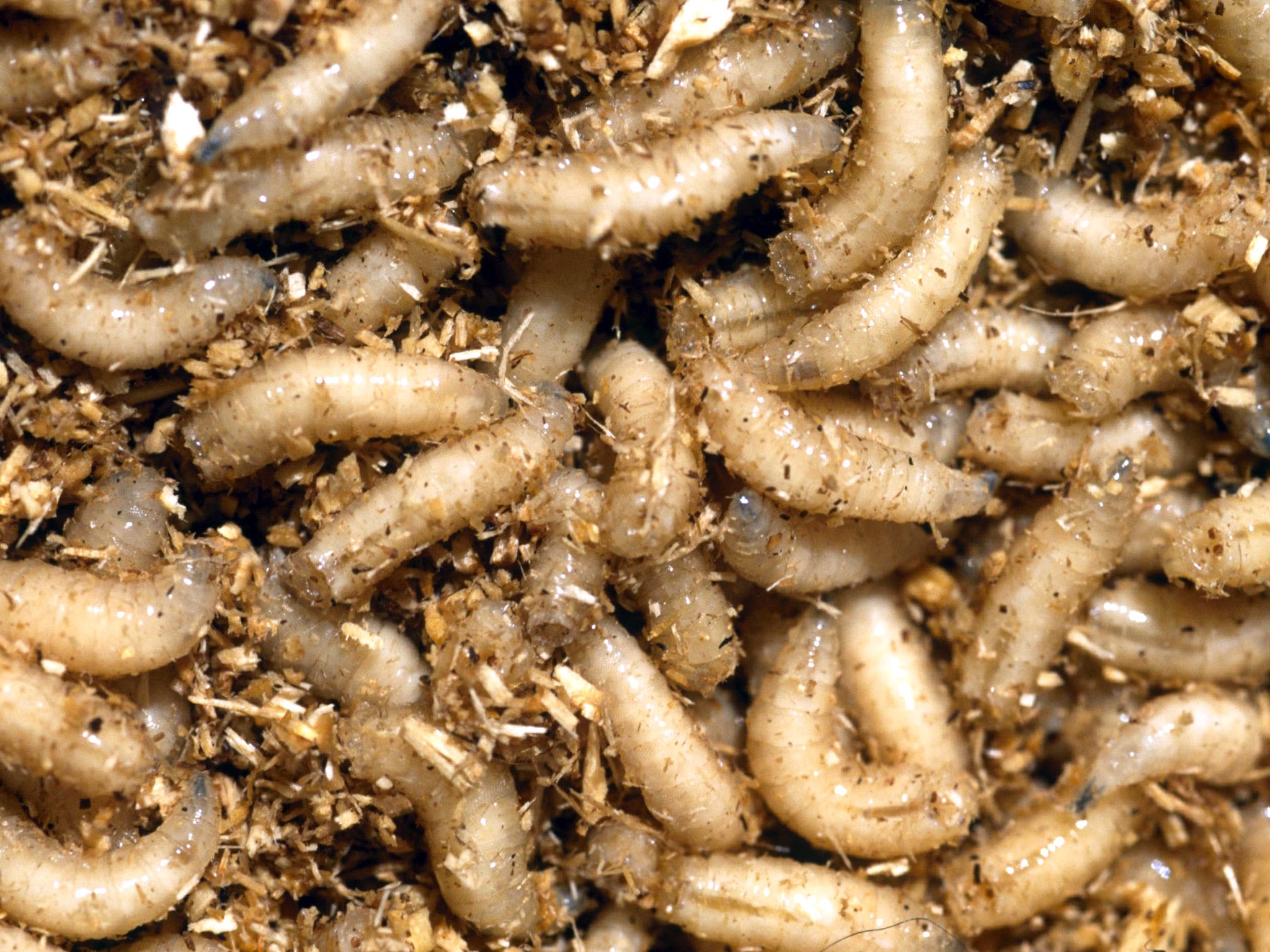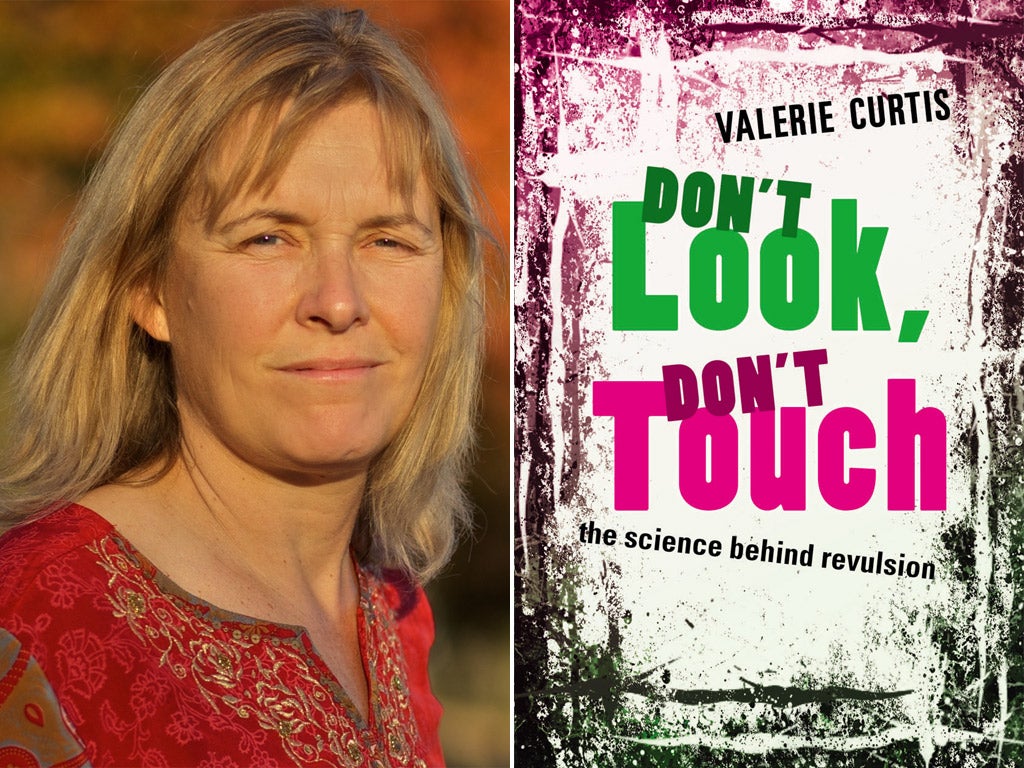Revealed: How feelings of disgust over vomit, faeces and putrid flesh govern our lives
New book by 'disgustologist' highlights how reactions to key triggers keep us safe – and help us find a mate

Your support helps us to tell the story
From reproductive rights to climate change to Big Tech, The Independent is on the ground when the story is developing. Whether it's investigating the financials of Elon Musk's pro-Trump PAC or producing our latest documentary, 'The A Word', which shines a light on the American women fighting for reproductive rights, we know how important it is to parse out the facts from the messaging.
At such a critical moment in US history, we need reporters on the ground. Your donation allows us to keep sending journalists to speak to both sides of the story.
The Independent is trusted by Americans across the entire political spectrum. And unlike many other quality news outlets, we choose not to lock Americans out of our reporting and analysis with paywalls. We believe quality journalism should be available to everyone, paid for by those who can afford it.
Your support makes all the difference.Few people admit to being fascinated by vomit, pus, urine, maggots, faeces and putrid flesh, but self-described “disgustologist” Dr Valerie Curtis is making it her business to dig deep into all sorts of sticky unpleasantness.
In a new book published on Thursday, the director of the hygiene centre at the London School of Hygiene and Tropical Medicine argues that feelings of disgust governs our life – dictating everything from who we love to how we vote. Don’t Look, Don’t Touch joins a growing number of reports and scientists adding to the study of the science of revulsion.
“My research started by trying to study disgust around the world and what amazed me was how universal the things that disgust us are,” Dr Curtis told The Independent.
According to Dr Curtis there are, in evolutionary terms, “seven major triggers for disgust”. These are people who we see as atypical in size, people with obvious signs of sickness such as pus-filled lesions, unhygienic behaviour such as spitting, signs of sexual infection and sexual fluids generally, spoilt food, animals that transmit infection, such as rats, and finally contamination.
Dr Curtis argues that evolution has given us an “healthy squeamishness“ towards things we find disgusting. She goes on to present a “parasite avoidance theory” which looks at disgust from an evolutionary angle and suggests our most repulsed ancestors were aided in the “survival of the fittest” race by their disgust instinct – avoiding disease, deformity and death.
Today, disgust is crucial in our everyday interactions in the form of manners, said Dr Curtis, who has conducted research into hygiene behaviour in Bangladesh, Burkina Faso, China, India, Uganda, Vietnam, Indonesia and Kyrgyzstan.

“I would notice immediately if someone were so rude as to meet me with a dirty shirt or to burp in my face, but all day long we’re all suppressing these sorts of urges so we can interact in society,” she added. “If I want to be a social animal I need to be able to get close to you but by doing that, there’s the risk I might pick up a disease because you are a walking bag of microbes.
“And if I got too close I could even pick up a sexually transmitted disease. Of course we do interact and we do have sex and it’s our manners that are crucial in regulating and controlling our disgust and how we interact in society.”
As recently as 10 years ago disgust was labelled the “the “forgotten emotion of psychiatry”, as emotions like love and anger were studied in greater details. Today, however, it’s an active area of research with studies finding a “positive relationship between disgust sensitivity and political conservatism”. Another recent study claimed that when women are aroused they overlook certain “disgust elicitors” associated with sex, such as saliva, sweat and semen.
The study of disgust has become “something of a plaything for scientists”, said Dr Curtis. “We’ve gone to other planets, we understand the Cosmos and have discovered the Higgs Boson particle but we still don’t understand our own heads and what makes us do the thing that we do. Disgust is a wonderful window into that and it’s something we can play with in the laboratory.
“The standard model is that we are logical and rational but if you look at disgust it isn’t that, it’s the [evolutionary] voices of our ancestors telling us what to do. And if we don’t understand that, how on earth are we ever going to improve this planet and understand why we do what we do?”
Join our commenting forum
Join thought-provoking conversations, follow other Independent readers and see their replies
Comments